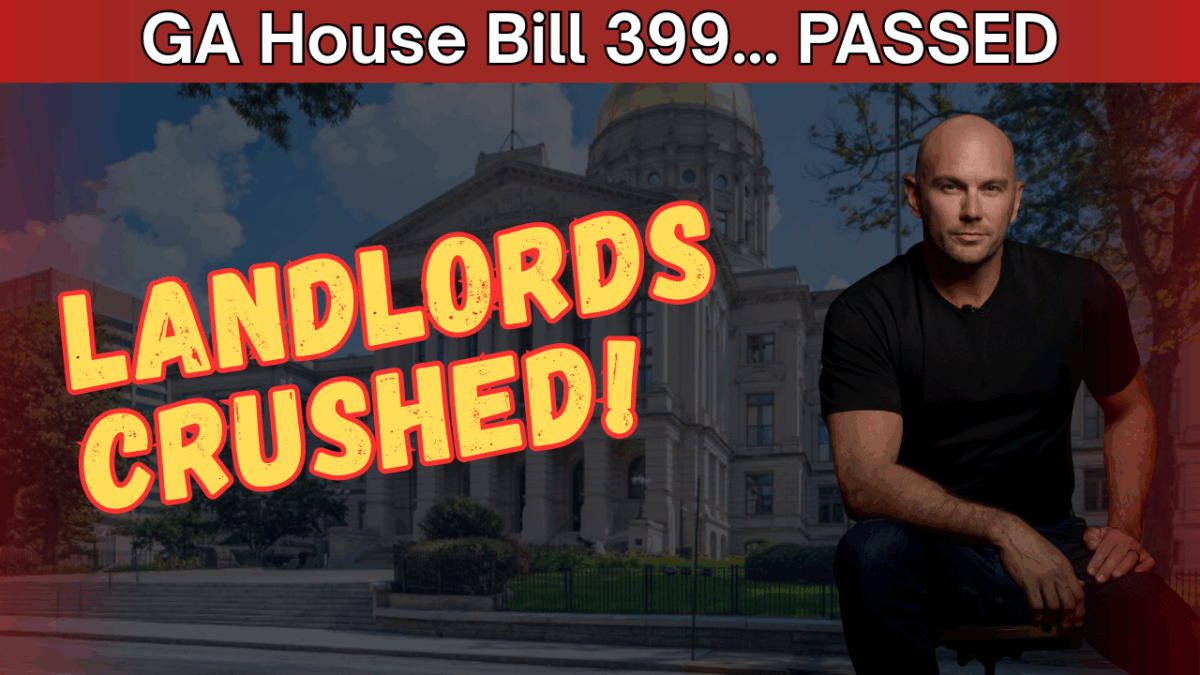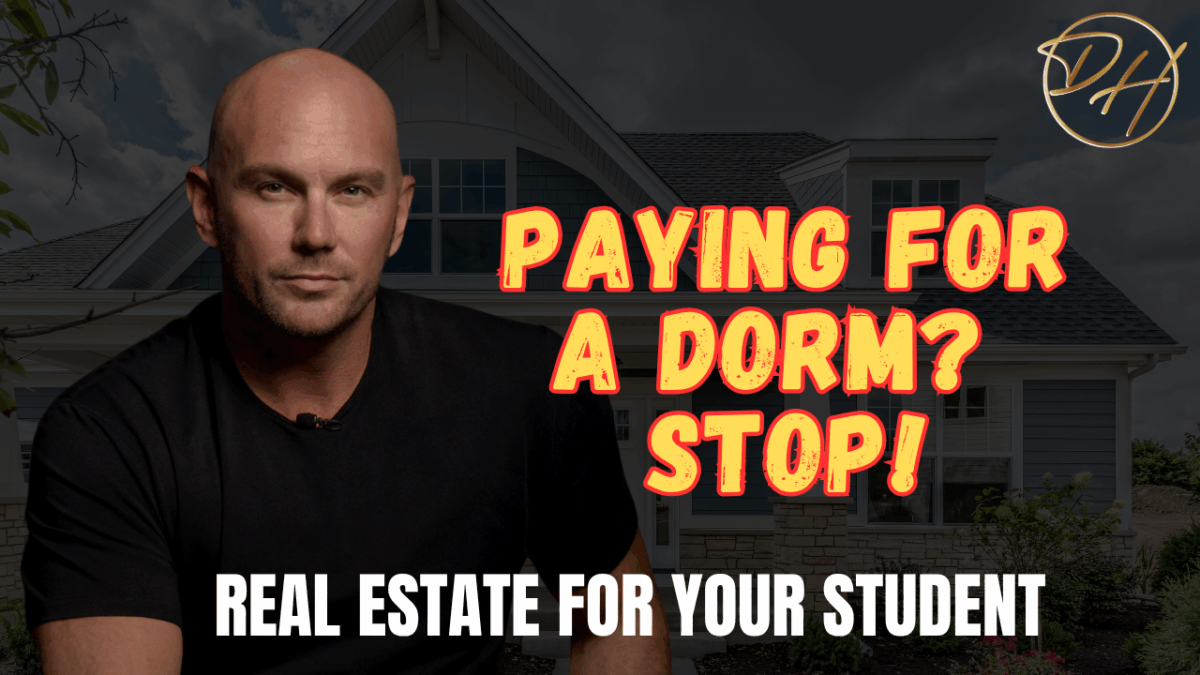Everyone’s watching interest rates.
But the real threat to the housing market?
It’s your health insurance bill.
In 2026, millions of American families may face health premium increases of $500–$2,000+ per month. That kind of financial shock doesn’t just affect healthcare—it threatens mortgage payments, buyer budgets, credit scores, and ultimately, housing stability.
This isn’t speculation. It’s a scenario backed by hard data from the Fed, insurance filings, and early indicators of distress in the credit and mortgage markets.
Rising Financial Strain: A Warning Sign for Housing
While mortgage rates grab headlines, the slow build-up of consumer debt is quietly creating a storm beneath the surface.
-
Foreclosures rose to 52,800 in Q2 2025, up from just 8,100 during the pandemic and approaching 2019’s pre-recession numbers.
-
FHA loan delinquencies—often a signal of low-income borrower distress—jumped from 3.7% in 2024 to 4.8% in early 2025.
-
Credit card delinquency rates have surpassed 10.7% nationally, with poorer communities facing rates over 16%.
-
Student loan defaults surged from under 1% to 7.7% in just one quarter after payments resumed.
These are not isolated issues. They’re stacking. And now, we’re adding a massive new weight to the pile: health insurance premiums.
Brace Yourself: 2026 Health Insurance Premium Shock
After years of modest increases, 2026 is set to bring the largest jump in health insurance costs in over a decade.
Employer Plans:
-
Average premium increases expected: 9%–15%
-
Small businesses seeing double-digit renewals
-
Workers will likely pay more in payroll deductions or face reduced benefits
ACA (Marketplace) Plans:
-
Insurers are filing for 15%–20%+ rate hikes
-
Pandemic-era subsidy expansions expire at the end of 2025
-
The “subsidy cliff” returns, meaning:
-
Families earning just over 400% of the poverty level (~$128k for a family of 4) will lose eligibility
-
Some families could see premiums more than double
-
Real Example:
A middle-class family in West Virginia currently pays $885/month for their ACA plan. In 2026, they could pay $2,918/month without subsidies. That’s a $24,000 annual increase.
Why This Matters to the Housing Market
On the surface, health insurance may seem unrelated to real estate. But in reality, rising non-housing costs directly impact housing stability and demand.
Here’s how:
1. Reduced Mortgage Qualification Power
Higher health costs inflate your monthly budget, pushing up your debt-to-income (DTI) ratio—a key metric in mortgage approvals.
Even a $400–$700/month jump in insurance can knock buyers out of loan eligibility or drastically reduce what they can afford.
2. Increased Risk of Foreclosure
Families on tight budgets (especially FHA borrowers) may struggle to cover both mortgage payments and skyrocketing insurance costs.
Already, FHA delinquencies are rising—a clear sign of stress among low-income homeowners.
3. Delayed Home Purchases
Renters planning to buy may hit pause. Higher premiums eat into savings for a down payment, and the loss of ACA subsidies can force middle-class families to postpone their homeownership goals.
4. Slowdown in Housing Turnover
Even current homeowners may freeze their plans to upsize, downsize, or relocate if premiums spike. Expect fewer listings and longer holding periods in 2026.
5. Behavioral Shifts
Sticker shock reduces confidence. Families seeing massive deductions on their paycheck or open enrollment price jumps may opt for caution—saving more and spending less. That directly impacts real estate momentum.
2026: A Perfect Storm Brewing?
While we’re not predicting a 2008-style crash, the compounding pressures on American households are real:
-
Inflation
-
Student loan repayments
-
Rising consumer debt
-
Credit score drops
-
And now: historic increases in health insurance premiums
For lower-income households, the margin for error is razor-thin. In FHA-heavy markets (like much of the Southeast), even a small increase in defaults could bring localized housing slowdowns, more REO inventory, and distressed sales.
What Should Real Estate Professionals and Investors Do?
Stay Proactive
-
Monitor early indicators like FHA delinquencies and ACA enrollment changes
-
Watch how state regulators approve 2026 plan increases by late summer 2025
Advise Clients Realistically
-
Help buyers factor in insurance costs into pre-approvals
-
Guide sellers on market softness and longer timelines in mid-2026
For Investors:
-
Stress-test your portfolio
-
Prepare for potential vacancies or tenant payment issues
-
Look for acquisition opportunities if distressed inventory rises
Final Takeaway: Health Care IS a Housing Issue
The connection is clear: when essential costs rise, housing becomes more fragile.
2026 could be a year where health insurance—of all things—becomes the straw that breaks the camel’s back for overextended homeowners. It may not make headlines like interest rates do, but it will absolutely impact the market.
Be ready. Stay informed. And plan your strategy now.
Written by Darin Hunter | Mortgage Professional |









